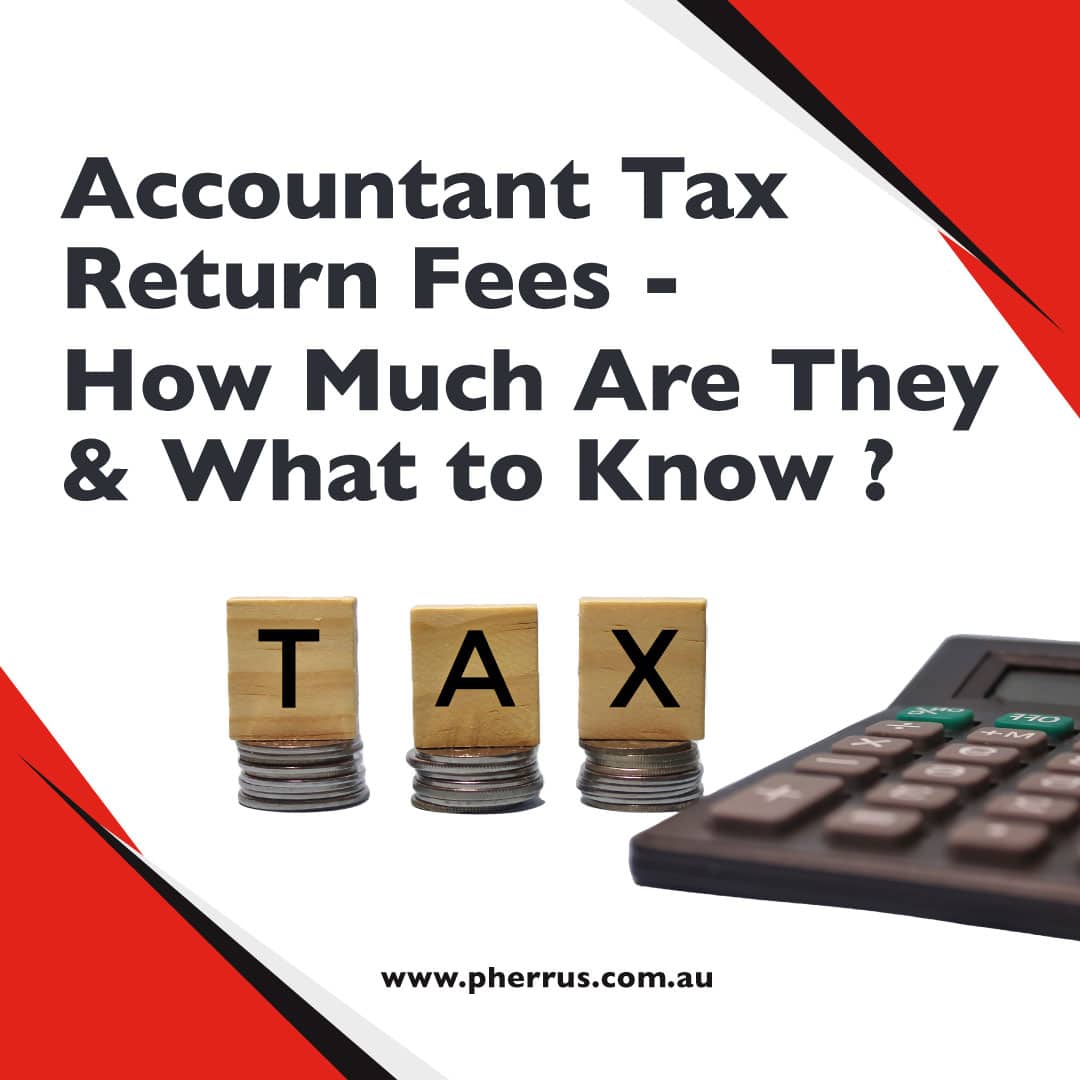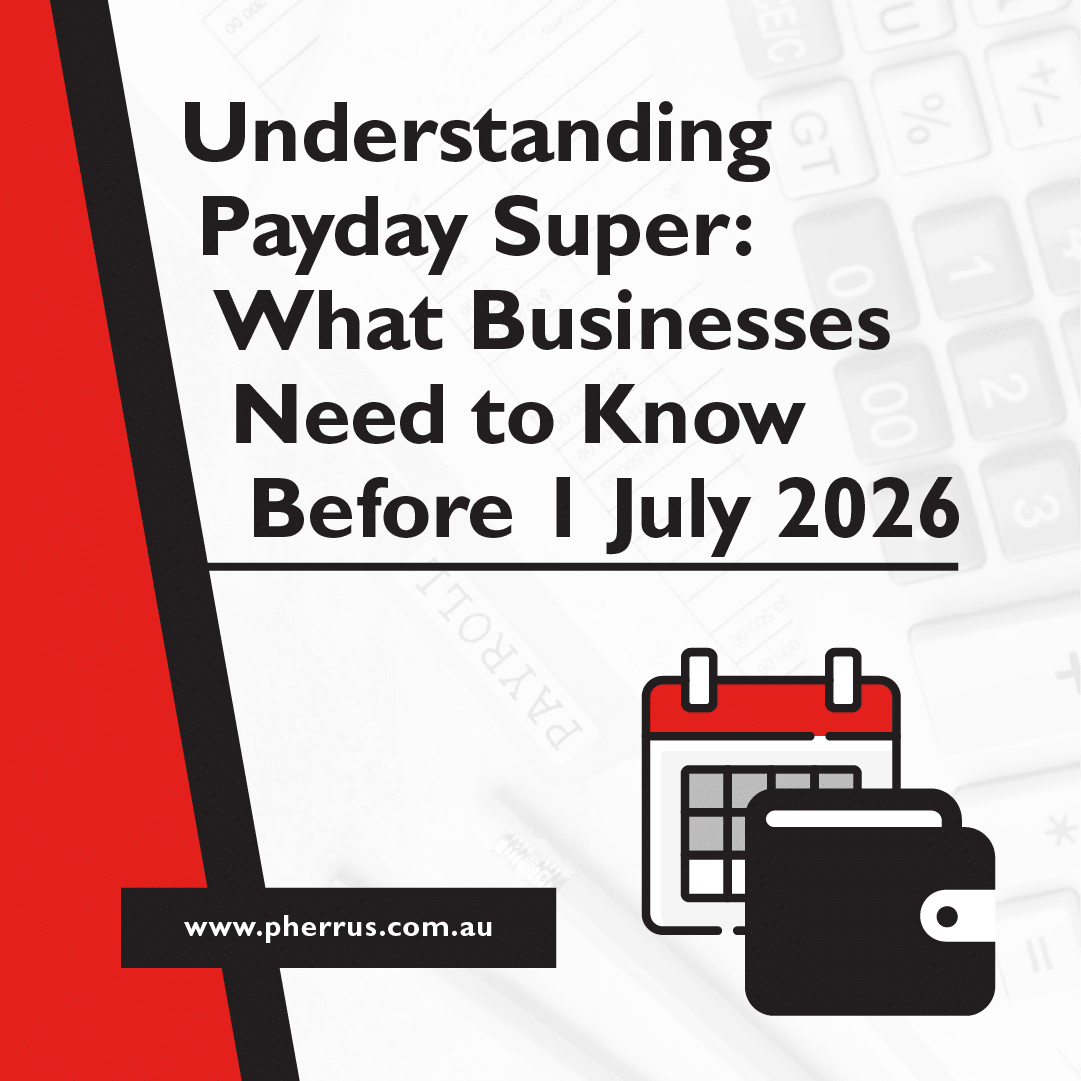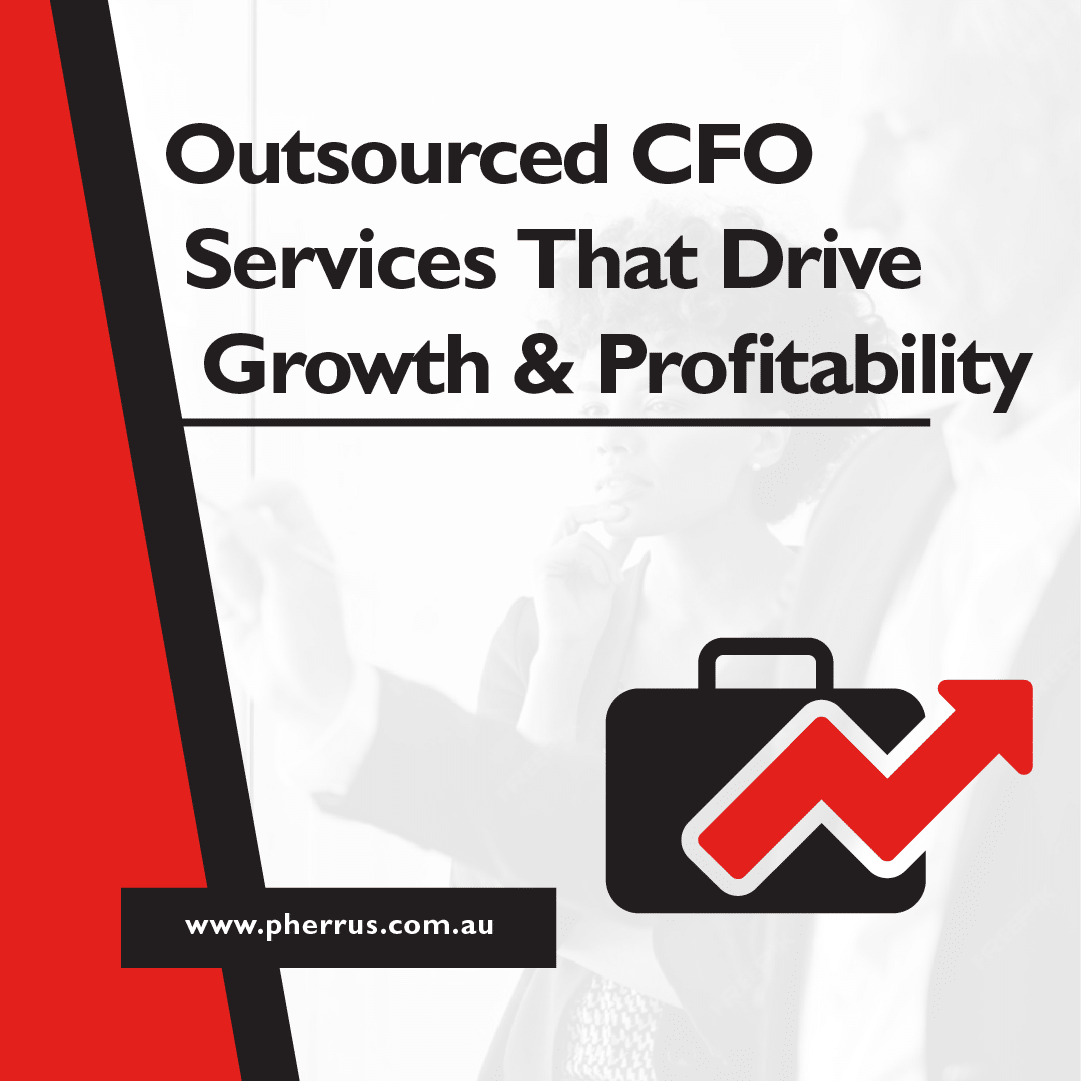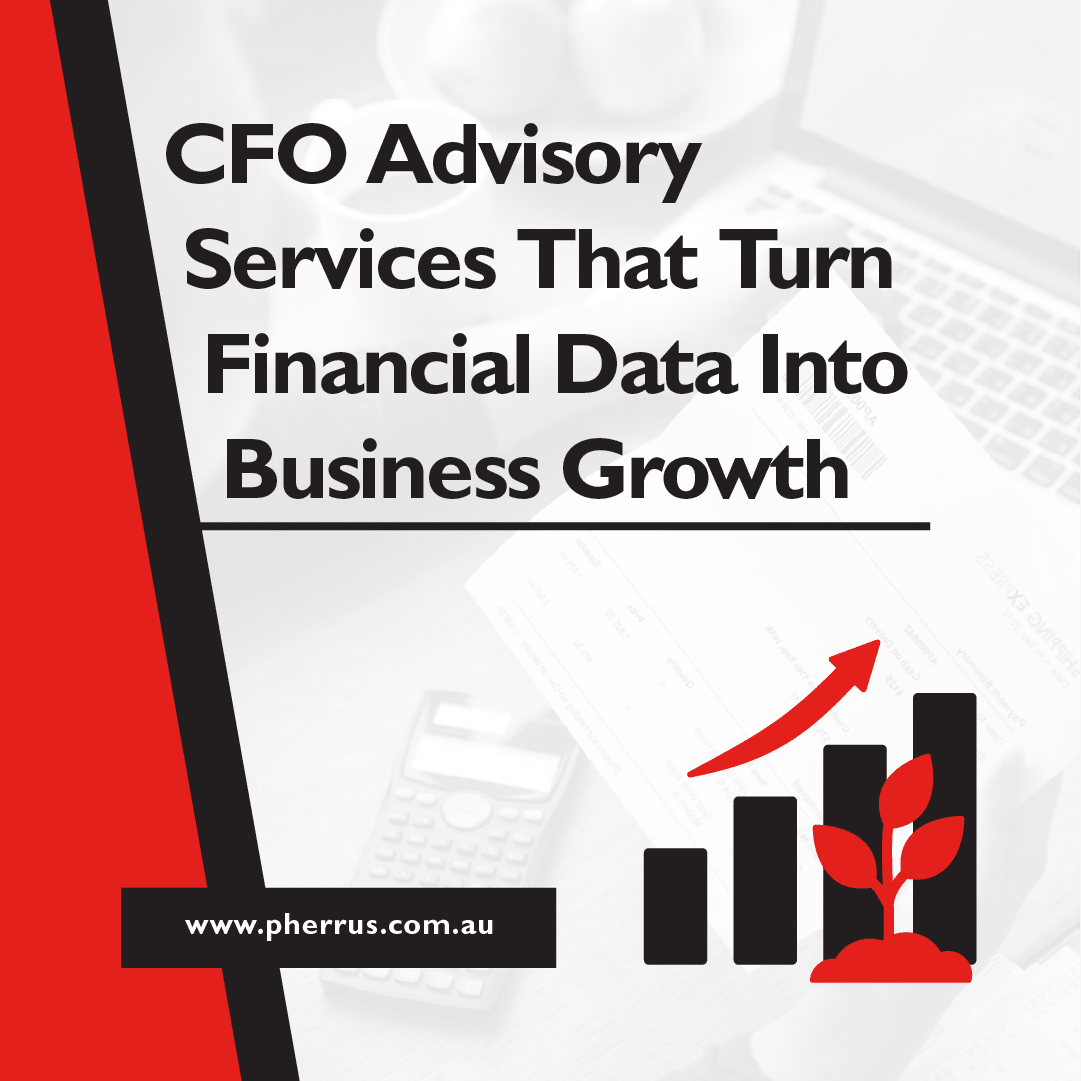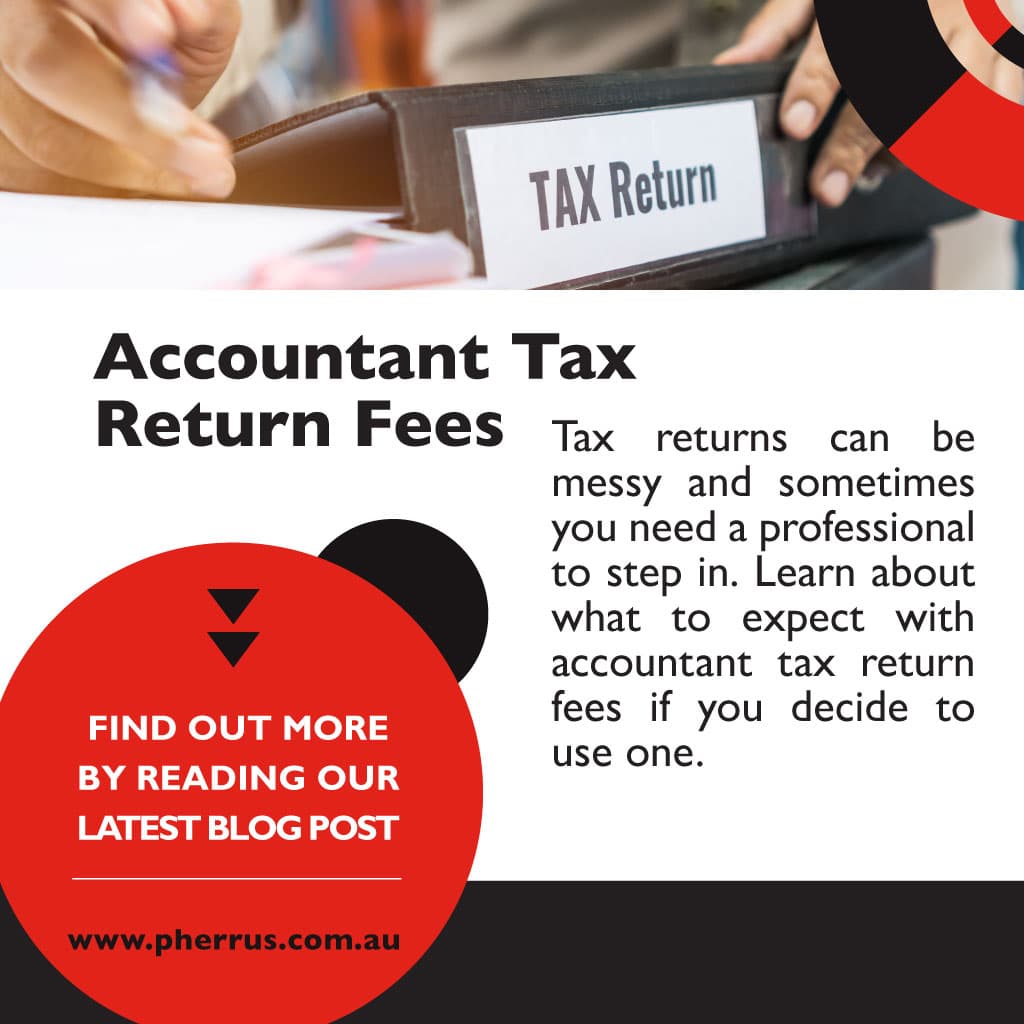
Tax season brings about a lot of stress for Australians.
If you’re like most of us, you’ve probably spent most of your weekend and half of Monday trying to figure out how to get your taxes done.
There are good reasons why the average Australian spends over 13 hours preparing their taxes, but paying someone else to do it is one solution to this problem.
If your tax situation is complicated or if you’ve recently started a business or invested in real estate, then hiring an accountant may be necessary.
This is especially true if you plan on itemised deductions rather than taking the standard deduction because accountants can help with tax planning and finding eligible deductions or credits that you might not have known about otherwise.
If you owe back taxes or late fees with the ATO, then hiring an accountant could be beneficial for both sides.
For example, if you owe $10,000 in unpaid taxes and penalties but only have $2,000 available in savings at the time of filing (or even less), then an accountant would be able to negotiate with the ATO on your behalf.
Other scenarios where one might want to have an accountant prepare their taxes could be:
• Changing the function of your company
• Buying property and not knowing how to account for it
• Getting married and filing jointly
We all know that filing your own tax returns is a tedious process.
But did you know that filing your tax return without the assistance of a professional can cost you more?
It’s true!
The ATO estimates that Australians spend an average of $200 per year on time and travel costs associated with preparing their own tax returns.
Plus, accountants know how to navigate complex tax laws for your benefit.
So, if you have an accountant prepare your taxes instead, it could save you money in the long run.
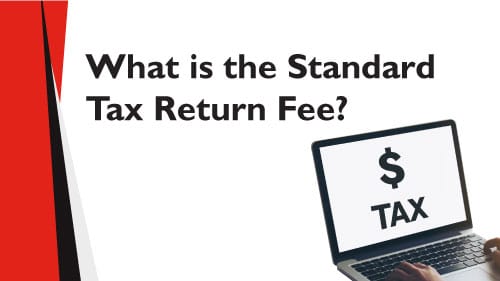
What is the Standard Tax Return Fee?
The standard tax return fee for company tax returns is $100, but different types of taxpayers can pay different fees based on their circumstances and the scale vary.
For individuals, the Medicare levy surcharge, which is calculated by adding an additional 2% to your marginal income tax rate, will apply to those who have a taxable income over $23,226 and don’t have private health insurance.
These figures are subject to change by the Australian Government at any time.
If you’re self-employed or have other deductions or credits that make your income lower than this threshold, you may pass
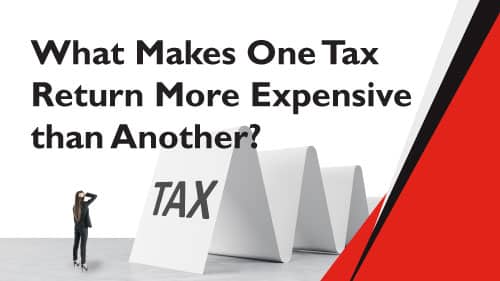
What Makes One Tax Return More Expensive than Another?
There are a number of factors that affect how much your tax return will cost.
Here are some of the most common examples:
Size of your business: If you have a large business with many employees, it will generally cost more to complete your tax return than it would if you were just filing as an individual or small business owner.
The more complicated the business structure is, the more time it will take to complete all the different forms required by government agencies.
Income Level: The more income you have, the more likely it is that you’ll have additional reporting obligations on top of those required by law, such as quarterly estimated payments or quarterly payroll tax reports.
This means that higher-income earners usually pay more in taxes each year as well as have more complicated tax returns with more paperwork involved.
How Much Information You Provide: If you provide more information on your tax return, such as detailed descriptions of travel expenses or charitable donations, then this will also make your return more complex and therefore more expensive to file.
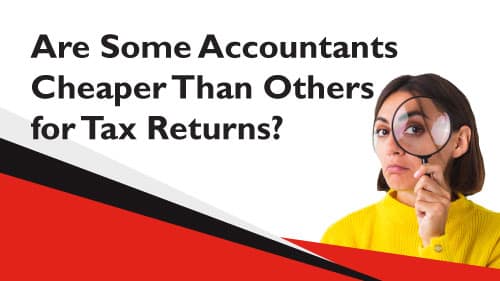
Are Some Accountants Cheaper Than Others for Tax Returns?
Yes, some accountants are cheaper than others for tax returns.
If you’re looking for an accountant to help you with your tax return, it’s important to know what their fees are and how those fees compare to other accountants in the area.
You should also keep in mind that the end result might be different.
For example, a cheaper accountant might also come with:
• A smaller tax return
• A longer turnaround time
• More headaches
• More work done on your own part
Here are some things to consider:
Some accountants charge flat fees for preparing a tax return.
These fees can range from $100 to over $1000 or more depending on the type of business and the complexity of your financial affairs.
If you have a small business with straightforward accounting records, you may be able to find a flat fee accountant who will prepare your tax return for around.
On the other hand, if your business has complicated accounting or financial issues that need addressing, it’s unlikely that an accountant will do this for less.
Some accountants charge by the hour or by the job.
If you’re using an accountant who charges by the hour or by the job, it’s important that you know exactly how much time they expect each stage of preparing your tax return will take – otherwise, they could end up charging more than they had originally quoted.

Summary
The standard tax return fee for individual tax returns is $100, but different types of taxpayers can pay different fees based on their circumstances and the scale can vary dramatically.
For more information about company tax return accountant fees, get in touch with us today.

